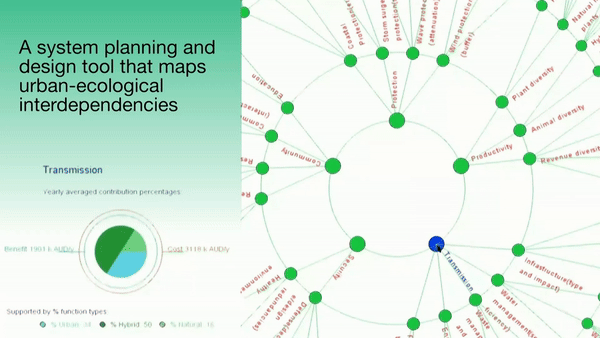



Interested to try EqWETy yourself? A beta trial version is available for download. The demo version includes prefilled data for site parameters and Good Practice scenario configuration described in this paper.
Requirements:
---OS: Windows only. The application is currently not supported on other operating systems.
---Java: Latest version of Java for Windows.
Instructions: Unzip and run the ‘EqWETy_demo_V2_15_Beta.exe’ to load the interface. After starting the interface, wait until the prefilled data is populated (once FS and BC values are no longer zero). Use the Parameter menu (left) and ‘People’ and ‘Plants’ tabs (bottom right buttons) to explore other configurations and their system level impacts.
Download EqWETy_demo_V2_15_Beta
 Eco-Urban Synergy Analysis: Implications for Future Planning, Design and Development [Conference paper]
Eco-Urban Synergy Analysis: Implications for Future Planning, Design and Development [Conference paper]
Description: Overview of key findings and recommendations of the EqWETy tool testing, focusing on sustainable long and short-term strategies for urban planning in sub-tropical coastal development sites.
Conference: 2nd AP Conference on Sustainable Development of Energy, Water and Environment Systems (SDEWES24), Gold Coast, Australia
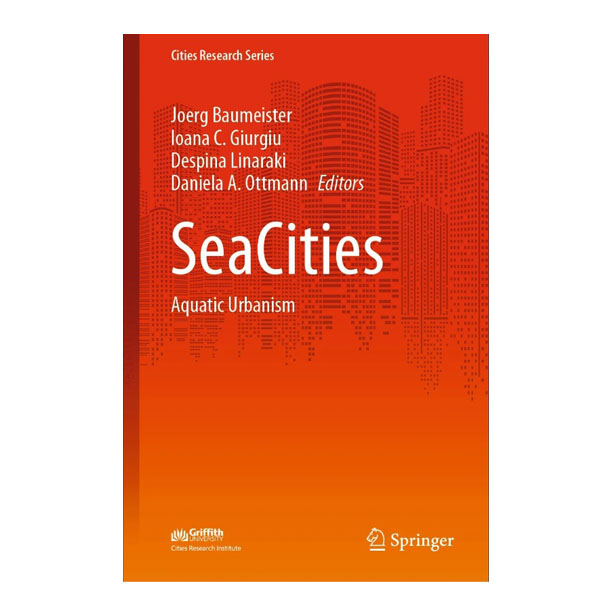 Systemic Urban-Wetland Interdependencies [Book chapter]
Systemic Urban-Wetland Interdependencies [Book chapter]
Description: This research developed a graphical system thinking concept map (EqWETy tool interface) via an interdisciplinary literature review, analysis and mapping of urban and wetland functions. It combines state-of-the-art theoretical frameworks and ecological wetland parameters to describe urban-ecological system links.
URL: https://doi.org/10.1007/978-981-99-2481-3_2
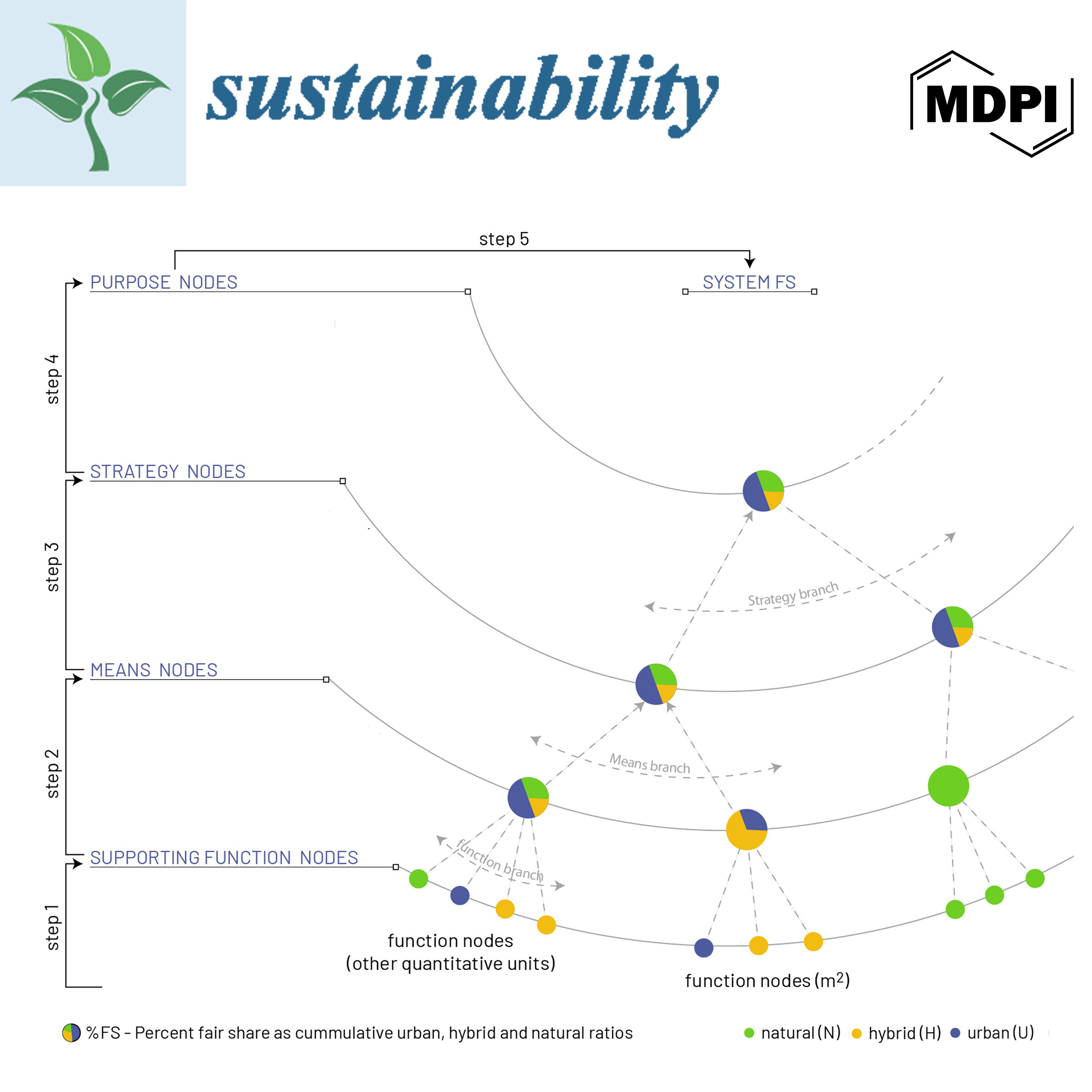 Urban-Wetland Equitable Planning Tool [Journal Article]
Urban-Wetland Equitable Planning Tool [Journal Article]
Description: The paper describes the testing and validation of the EqWETy tool algorithm and novel assessment criteria on an Australian case study site. Results highlight gaps in current design and planning approaches and reveal the tool's high potential for improving current practices.
URL: https://doi.org/10.3390/su152115533
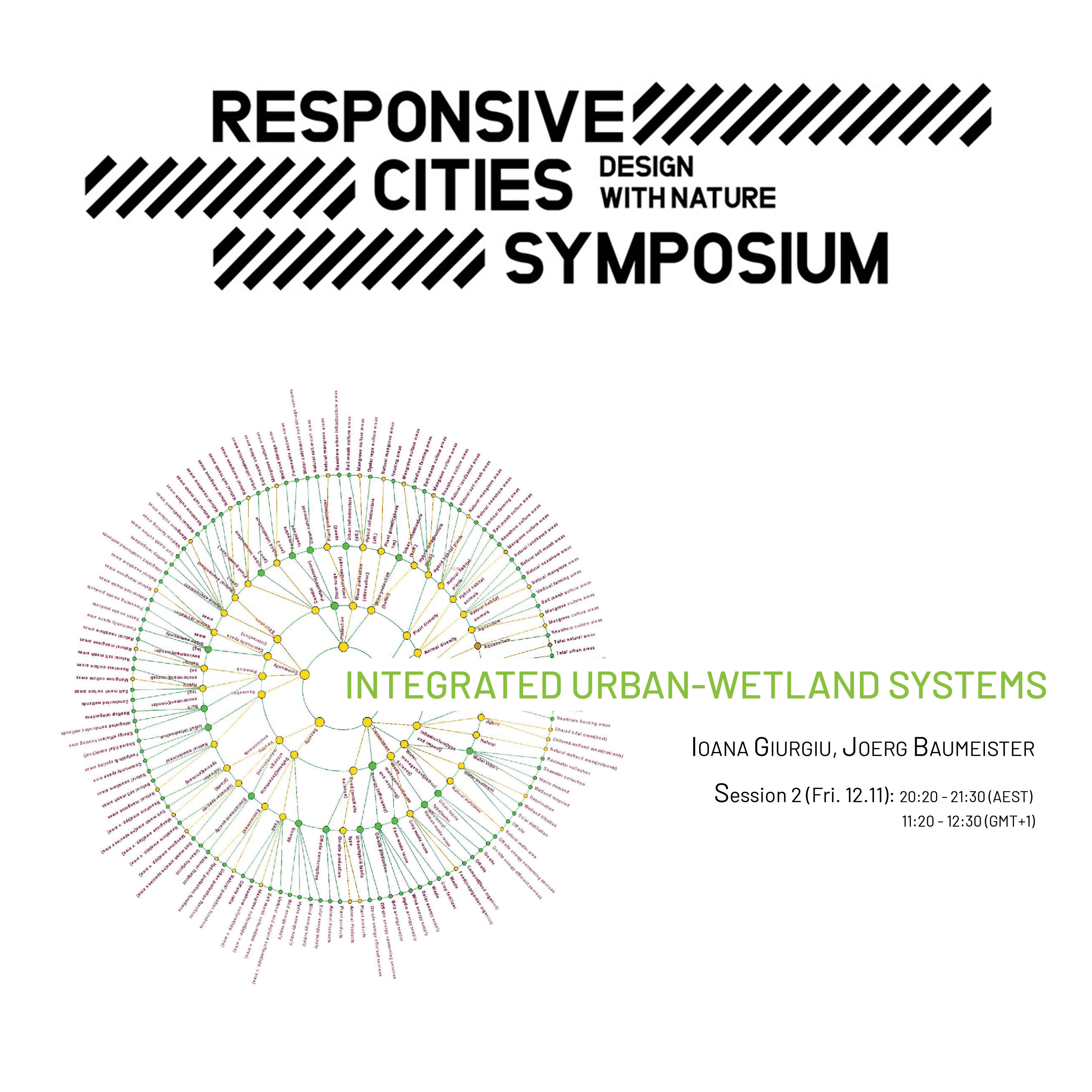 Integrated Urban-Wetland Systems - A system thinking conceptual planning and design method [Conference Paper]
Integrated Urban-Wetland Systems - A system thinking conceptual planning and design method [Conference Paper]
Description: Conference paper and presentation of the EqWETy tool proposed development methodology, research structure and preliminary tool testing results to an architectural and urban design expert audience.
Conference: Institut d’Arquitectura Avançada de Catalunya (IAAC) 2021 Responsive Cities: Design with Nature Symposium, Barcelona, Spain
URL: https://responsivecities2021.iaac.net/#PROCEEDINGS
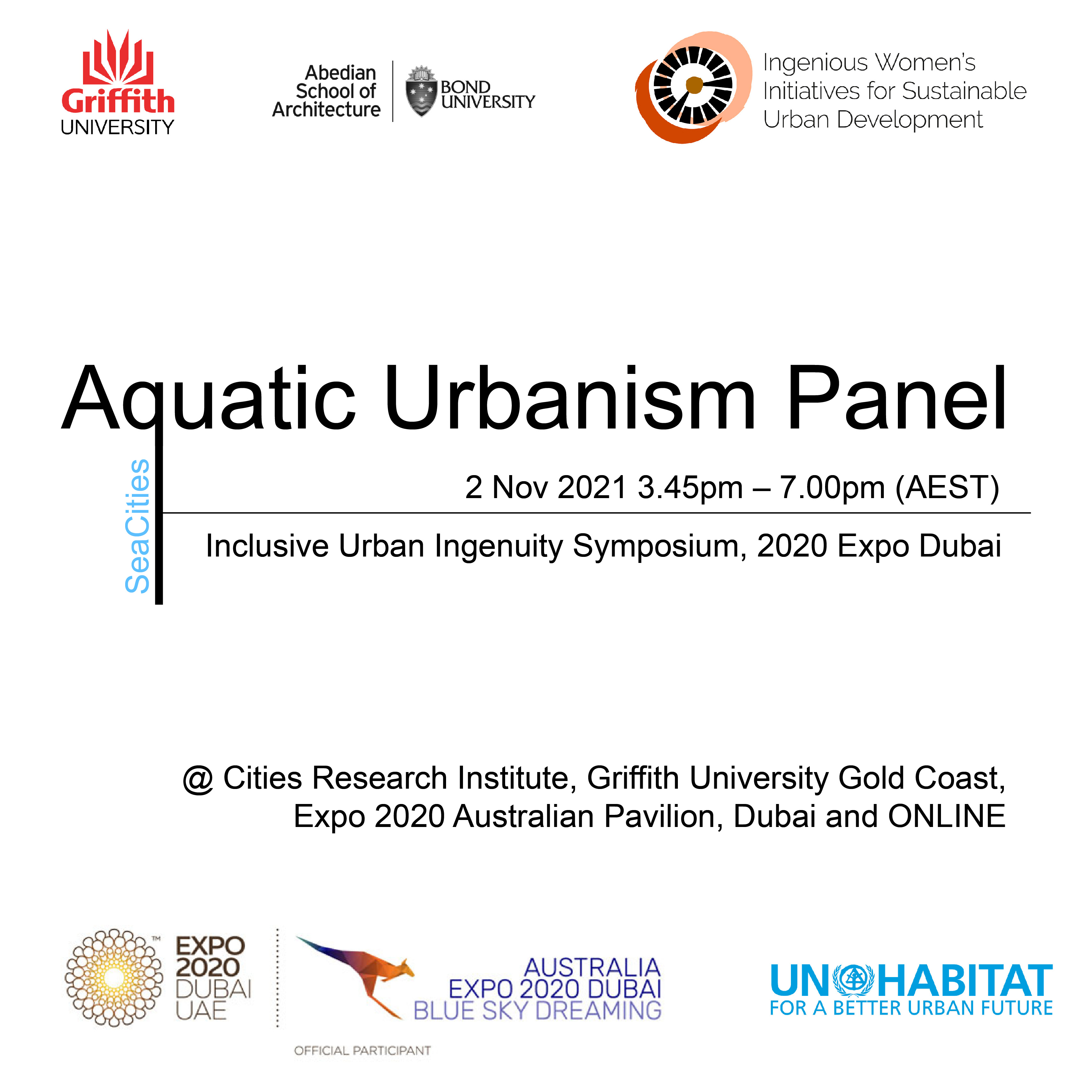 Design potentials of hybrid urban-wetland interactions [Conference Presentation]
Design potentials of hybrid urban-wetland interactions [Conference Presentation]
Description: Overview presentation explaining the scientific background and research structure that formed the basis for the EqWETy tool development to a broad interdisciplinary audience.
Conference: Sustainable Urban Development Symposium, Aquatic Urbanism Panel, Expo2020 Dubai
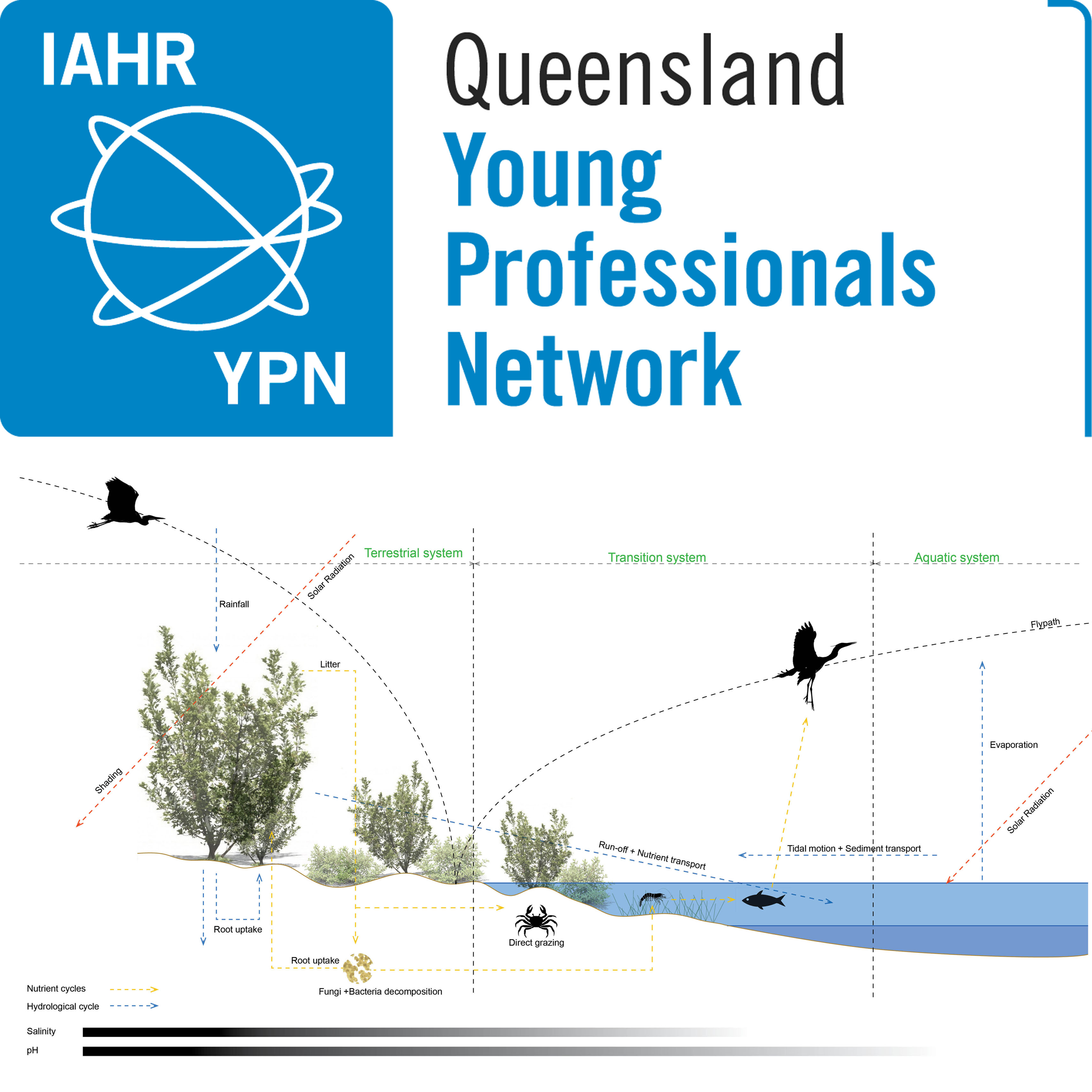 Planning tool for equitable urban design in areas adjacent to wetland ecosystems [Conference Presentation]
Planning tool for equitable urban design in areas adjacent to wetland ecosystems [Conference Presentation]
Description: Overview presentation explaining the scientific background and research structure that formed the basis for the EqWETy tool development to an expert audience including specialists in system and hydrological modelling.
Conference: 1st International Association for Hydro-Environment Engineering and Research (IAHR) Queensland Young Professional Network Conference, Gold Coast, Australia
The EqWETy Systems Planning and Design tool was developed by Ioana C. Giurgiu as part of her PhD research thesis Wetland ecosystems as urban growth drivers. A systemic approach. The research was undertaken at the SeaCities Lab , Cities Research Institute, Griffith University, Australia and was supported via the Griffith University International Postgraduate Research Scholarship.
Thesis synopsis:
Some of the most biodiverse and productive ecosystems on earth, wetlands are threatened by urban expansion and the effects of climate change. This research examines how urban development, especially adjoining wetland conservation zones, can better integrate and enhance ecosystem processes and services while allowing for the growth of both natural and urban environments. Through a system thinking approach, coastal wetland ecosystem services are mapped in relation to urban needs and functions. The key output is the EqWETy interactive planning and design software tool that explores synergies and trade-offs, highlighting alternative wetland-based solutions to expand and integrate the ecosystem within new urban development. EqWETy links state-of-the-art theoretical frameworks with practical design strategies, allowing evaluation of sustainability and resilience through two novel criteria: Benefit-Cost ratios representing urban- and wetland-derived benefits and costs; and Fair share ratios which describe the resilience, diversity and overall natural-hybrid-urban balance of a design configuration. Tool outputs, for an Australian case study site, were validated and compared to typical planning, design and development approaches and workflows. On this basis, the research provides a holistic set of decision-making, spatial design and implementation strategies and recommendations that describe a new sustainable urban-wetland development typology and its implementation process.
Access thesis in full
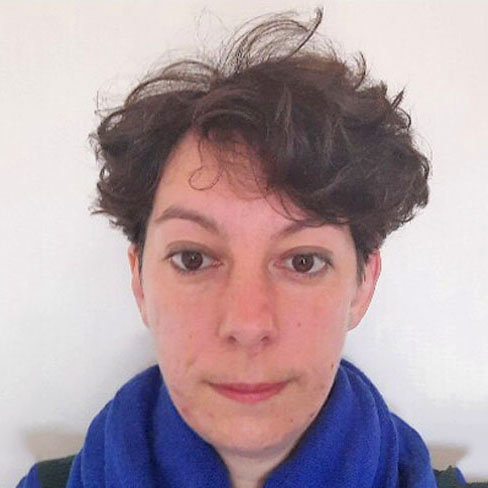 Ioana is an architect and researcher focusing on hybrid ecological-urban systems and digital tools for sustainable design. She obtained her PhD from Griffith University (SeaCities/CRI) in 2023. She is also an alumna of the Architectural Association School of Architecture in London, where she graduated with Honours in 2014. As a certified Passivhaus designer and registered architect, she focused on Passivhaus and energy-efficient projects. Her research interests and expertise, however, include broader sustainability approaches such as digital design tools that integrate system thinking, building with nature, non-market valuation and ecosystem service analysis.
Visit www.archiparticle.net to explore other work by Ioana.
Ioana is an architect and researcher focusing on hybrid ecological-urban systems and digital tools for sustainable design. She obtained her PhD from Griffith University (SeaCities/CRI) in 2023. She is also an alumna of the Architectural Association School of Architecture in London, where she graduated with Honours in 2014. As a certified Passivhaus designer and registered architect, she focused on Passivhaus and energy-efficient projects. Her research interests and expertise, however, include broader sustainability approaches such as digital design tools that integrate system thinking, building with nature, non-market valuation and ecosystem service analysis.
Visit www.archiparticle.net to explore other work by Ioana.
If you have a project that you would like to discuss or you’re interested in arranging an EqWETy presentation, please send a message using the form below.